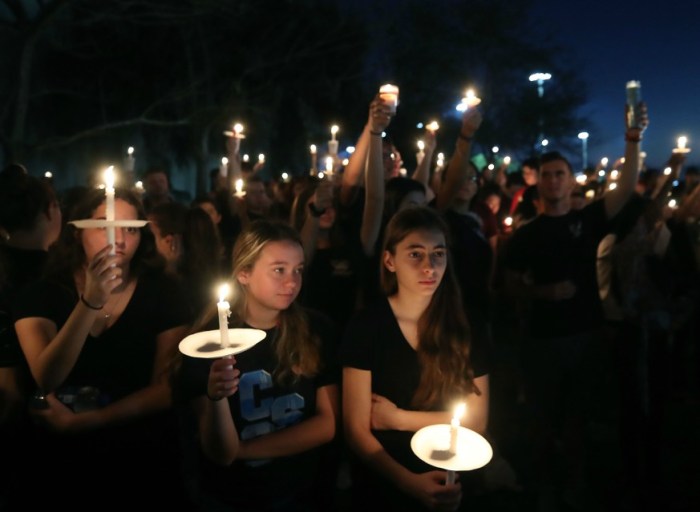Question: A friend recently criticized me for being a gossip. And while it’s kinda true, is it really so bad? How can I hurt someone else if they don’t know what I’m saying? And doesn’t everybody do it? Eleanor Roosevelt once said, “Great minds discuss ideas; average minds discuss events; small minds discuss people.” One can only wonder what she would have made of two recent sociological studies. One posits that two-thirds of all conversations are about other people, whether it’s dishing dirt, expressing likes and dislikes or sharing personal anecdotes that make mention of others. The other suggests that gossip maintains social order by keeping people from stepping out of line — in other words, hearing about other people’s mistakes helps you learn what’s socially unacceptable and avoid similar missteps, like dating known cheaters or doing something that might get you fired. Despite such studies, I can’t help but agree with the late first lady. First, social conformity is overrated. Some of history’s greatest artists and inventors were major rule-breakers who dared to defy the norm (think Bob Dylan and Steve Jobs). Second, and more important, gossip does more damage than good in the realm of interpersonal relationships. The Talmud, the book of Jewish biblical commentary and the basis of Jewish law, goes so far as to suggest that when you gossip about someone, you “kill” (in a manner of speaking) three people: the person you’re gossiping about, the listener and yourself. The subject
Gossip leads people to make assumptions about a person based on limited, second-hand information that may exclude critical details about extenuating circumstances and motivations. The danger is that people may jump to erroneous or unfair conclusions about the slandered individual, who’s often not given a chance to offer a rebuttal. The listener
Hearing gossip colors how the listener views the person being discussed. One possible outcome is that the listener, taking the gossip at face value, may decide not to seek out a social or professional connection with someone they might otherwise like if they had been given the chance to form their own, unbiased opinion. The gossiper
When you diminish another person, especially to make yourself look better, you’re really demeaning yourself. Plus, people may stop trusting you with personal information.
Sure, many people indulge in gossip. Even I can’t resist a juicy morsel from time to time (though it always leaves a bitter aftertaste). Yet “everybody does it” has never been a good reason to do anything. Next time you feel tempted to dish a little dirt, consider where it will land. Will it cause more harm than good? Then, consider Eleanor Roosevelt’s quote and find something more worthwhile to discuss.
Gossip makes victims of everyone involved

Getty Images


















